Hurricane Harvey: The link to climate change
When it comes to the causes of Hurricane Harvey, climate change is not a smoking gun.
However, there are a few spent cartridge cases marked global warming in the immediate vicinity.
Hurricanes are complex, naturally occurring beasts - extremely difficult to predict, with or without the backdrop of rising global temperatures.
The scientific reality of attributing a role to climate change in worsening the impact of hurricanes is also hard to tease out simply because these are fairly rare events and there is not a huge amount of historical data.
Full story at http://bbc.in/2gleTLw
Source: BBC News
Russian tanker passes through Arctic Ocean from Norway to South Korea without an icebreaker for the first time
Climate change has enabled a Russian tanker to travel through the Arctic without icebreaker escort for the first time. The Christophe de Margerie completed the journey from Hammerfest in Norway to Boryeong in South Korea in only 19 days,the Guardian reported.
In doing so it was able to complete the journey 30 per cent faster than travelling via the Suez Canal, the alternative route.
Even though the £234 million tanker does have its own inbuilt icebreaker, in the past it has been impossible for tankers to undertake the journey without a separate escort.
The integral icebreaker enabled the tanker to get through the northern sea section of the Russian Arctic in only six and a half days, setting a new record.
Full story at http://bit.ly/2glr0sb
Source: The Telegraph
Climate Change May Shrink the World’s Fish
Warming temperatures and loss of oxygen in the sea will shrink hundreds of fish species—from tunas and groupers to salmon, thresher sharks, haddock and cod—even more than previously thought, a new study concludes.
Because warmer seas speed up their metabolisms, fish, squid and other water-breathing creatures will need to draw more oxyen from the ocean. At the same time, warming seas are already reducing the availability of oxygen in many parts of the sea.
A pair of University of British Columbia scientists argue that since the bodies of fish grow faster than their gills, these animals eventually will reach a point where they can't get enough oxygen to sustain normal growth.
"What we found was that the body size of fish decreases by 20 to 30 perent for every 1 degree Celsius increase in water temperature," says author William Cheung, director of science for the university's Nippon Foundation—Nereus Program.
Full story at http://bit.ly/2esaBFk
Source: National Geographic
It's a fact: climate change made Hurricane Harvey more deadly
What can we say about the role of climate change in the unprecedented disaster that is unfolding in Houston with Hurricane Harvey? There are certain climate change-related factors that we can, with great confidence, say worsened the flooding.
Sea level rise attributable to climate change – some of which is due to coastal subsidence caused by human disturbance such as oil drilling – is more than half a foot (15cm) over the past few decades (see here for a decent discussion). That means the storm surge was half a foot higher than it would have been just decades ago, meaning far more flooding and destruction.
In addition to that, sea surface temperatures in the region have risen about 0.5C (close to 1F) over the past few decades from roughly 30C (86F) to 30.5C (87F), which contributed to the very warm sea surface temperatures (30.5-31C, or 87-88F).
There is a simple thermodynamic relationship known as the Clausius-Clapeyron equation that tells us there is a roughly 3% increase in average atmospheric moisture content for each 0.5C of warming. Sea surface temperatures in the area where Harvey intensified were 0.5-1C warmer than current-day average temperatures, which translates to 1-1.5C warmer than “average” temperatures a few decades ago. That means 3-5% more moisture in the atmosphere.
Full story at http://bit.ly/2gleWaa
Source: The Guardian
How Climate Change Likely Heightened Harvey’s Fury
Hurricane Harvey's deadly cocktail of wind and moisture hit America's fourth-largest city with a ferocity that Texas has never seen.
And while scientists maintain that no single weather event can be attributed to climate change, two centuries of human fossil-fuel burning has altered temperatures just enough to almost certainly make this particular storm worse.
"In general, the way to think about it is: climate change has changed the environment that everything is happening in," says Kevin Trenberth, a senior scientist at the National Center for Atmospheric Research in Colorado. "When you add in the climate's natural variability and then the right conditions come along, you can get a storm which is stronger than you might otherwise have expected."
In the case of Harvey, which is dumping rivers of rain in and around Houston and threatening millions of people with catastrophic flooding (see photos), at least three troubling factors converged. The storm intensified rapidly, it has stalled out over one area, and it is expected to continue dumping record rains for days and days.
Full story at http://bit.ly/2glr8YH
Source: National Geographic
Did climate change impact Hurricane Harvey?
To understand how Harvey could be impacted by climate change, you have to understand how unique a storm it is. Harvey underwent "rapid intensification," gaining strength very quickly. From Thursday morning into Friday afternoon, it transitioned from a tropical storm with winds of 45 miles per hour to a Category 3 major hurricane with winds of 125 miles per hour in only 36 hours.
Rapid intensification isn't necessarily rare, but it is very hard to forecast. When all the conditions come together just right, a storm can really "blow up" and intensify very quickly.
Harvey was downgraded to a tropical storm over the weekend and expected to make a third landfall.
It is rare for a storm to move inland and then back out again over the same body of water it came from. Excessive rainfall has caused flooding more devastating than the impact of Harvey's initial landfall itself.
Full story at http://cnn.it/2glrb6P
Source: CNN
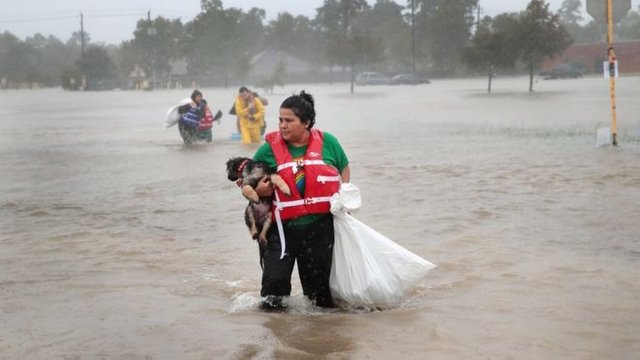
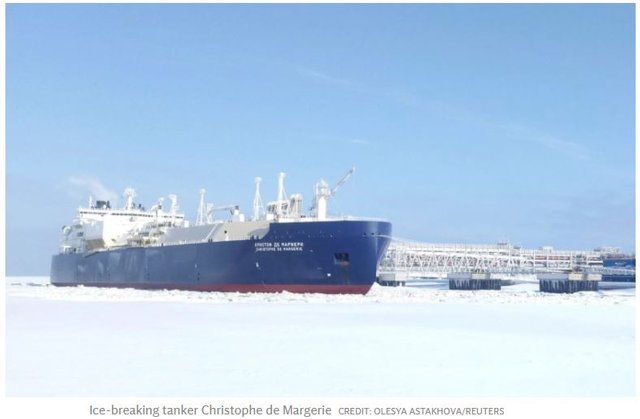
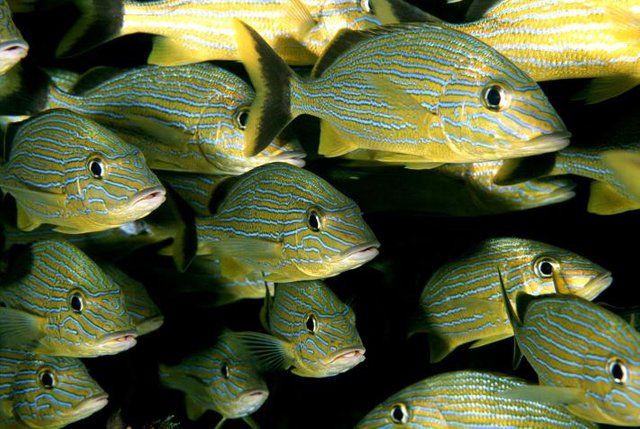
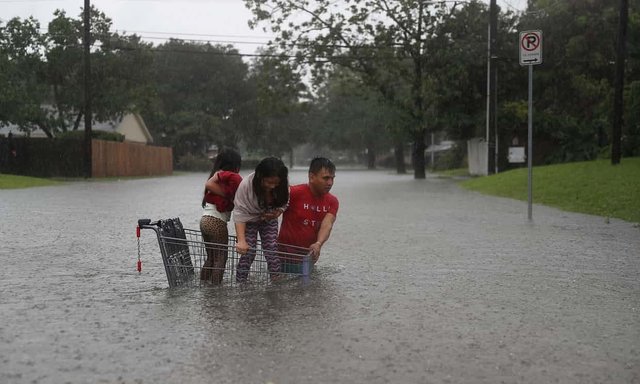
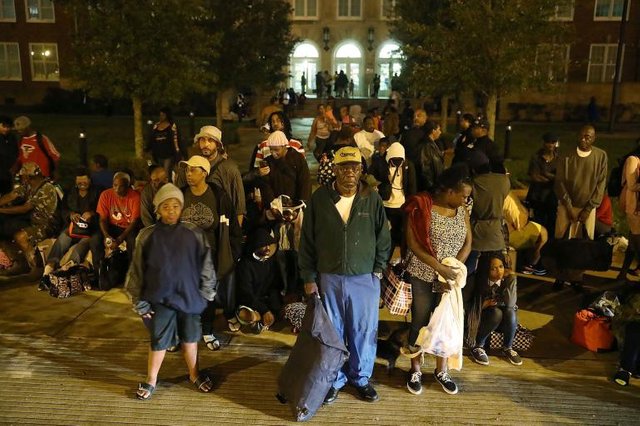
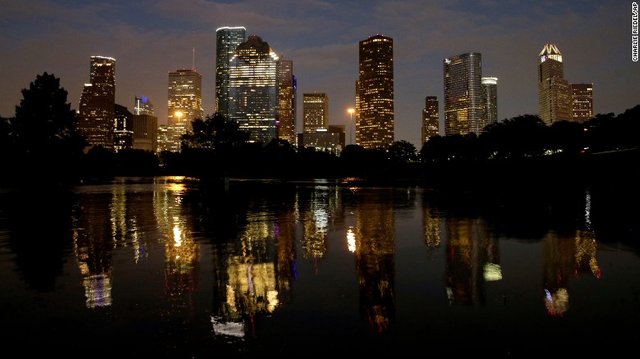

upvoted done
Downvoting a post can decrease pending rewards and make it less visible. Common reasons:
Submit
Great. Thanks for sharing. I'm starting to follow you.
Downvoting a post can decrease pending rewards and make it less visible. Common reasons:
Submit
I follow you now @capari
Downvoting a post can decrease pending rewards and make it less visible. Common reasons:
Submit
But trump said global warning didnt exist...i am confused now
Downvoting a post can decrease pending rewards and make it less visible. Common reasons:
Submit
Sad to walk through life with horse blinkers on @marketanalysis feast or famine?
Thanks for great topic to read through @sydesjokes
Downvoting a post can decrease pending rewards and make it less visible. Common reasons:
Submit
I'm starting follow you @marketanalysis
Downvoting a post can decrease pending rewards and make it less visible. Common reasons:
Submit
Thanks for that news topics. We are paying bills to nature my friend @sydesjokes!!!
Downvoting a post can decrease pending rewards and make it less visible. Common reasons:
Submit
Even though we are putting effort to save nature, it is sad to see how it is getting ruined day by day.
Downvoting a post can decrease pending rewards and make it less visible. Common reasons:
Submit
Thanks for your present of welcoming which I have just received! I am following you now and upvoted this post. This topic here is very important... We have to take care of the Earth, of each other... No war! No monsters! :)
Downvoting a post can decrease pending rewards and make it less visible. Common reasons:
Submit
Climate change because of global warming.
Downvoting a post can decrease pending rewards and make it less visible. Common reasons:
Submit
Upvoted & Resteemed
Downvoting a post can decrease pending rewards and make it less visible. Common reasons:
Submit
Wow! I got a lot from this post. Thanks for sharing!
Downvoting a post can decrease pending rewards and make it less visible. Common reasons:
Submit